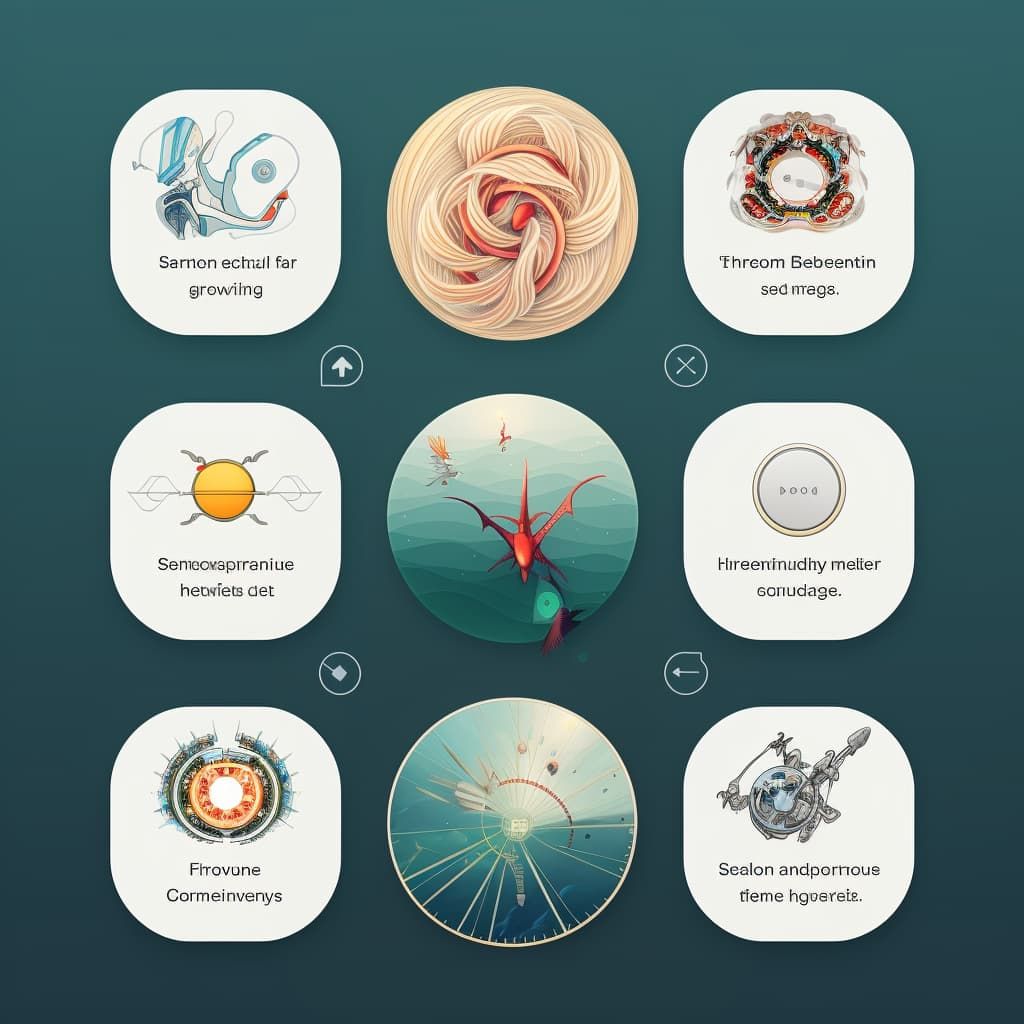
Introducing Customized ChatGPT: A Step Towards Personalized AI
Introducing GPTs - Custom Versions of ChatGPT
OpenAI is rolling out custom versions of ChatGPT that you can create for a specific purpose—called GPTs. GPTs are a new way for anyone to create a tailored version of ChatGPT to be more helpful in their daily life, at specific tasks, at work, or at home— and then share that creation with others. For example, GPTs can help you learn the rules to any board game, help teach your kids math, or design stickers. The process of creating one is as easy as starting a conversation, giving it instructions and extra knowledge, and picking what it can do, like searching the web, making images or analyzing data.
The Journey to Customize ChatGPT
Since launching ChatGPT, users have been asking for ways to customize it to better fit their uses. While Custom Instructions provided some preference setting, users still demanded more control. GPTs are now addressing this need by allowing users to maintain a list of tailored prompts and instruction sets, effectively eliminating manual copying into ChatGPT.
Launching the GPT Store
OpenAI is planning to launch the GPT Store that will feature creations by verified builders. Once in the store, GPTs can be searched and may climb the leaderboards. The most useful GPTs will be highlighted in categories like productivity, education, and 'just for fun'. Additionally, creators will have the potential to earn money based on their GPT’s usage.
Data Control and Safety
ChatGPT ensures that users maintain control of their data. Chats with GPTs are not shared with builders and data sent to third-party APIs is always with the user's consent. OpenAI has set up new safety systems to review GPTs against usage policies and prohibit harmful content. Verified identities for builders further enhance user trust. OpenAI will continue to monitor and strengthen these safety measures.
Future of GPTs
With continuous advancements, GPTs will become increasingly useful and intelligent. They are being perceived as 'agents' that can take on real tasks in the real world. However, moving towards this future will require gradual steps that include technical and safety work, alongside societal adjustments.
More info: